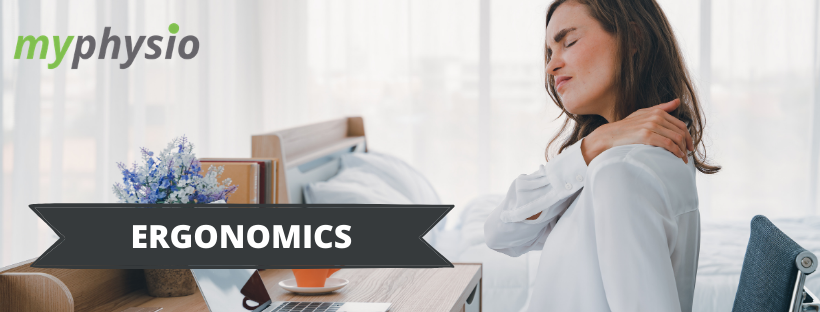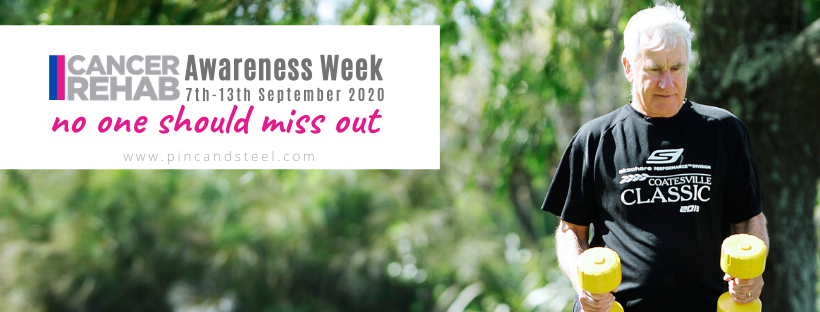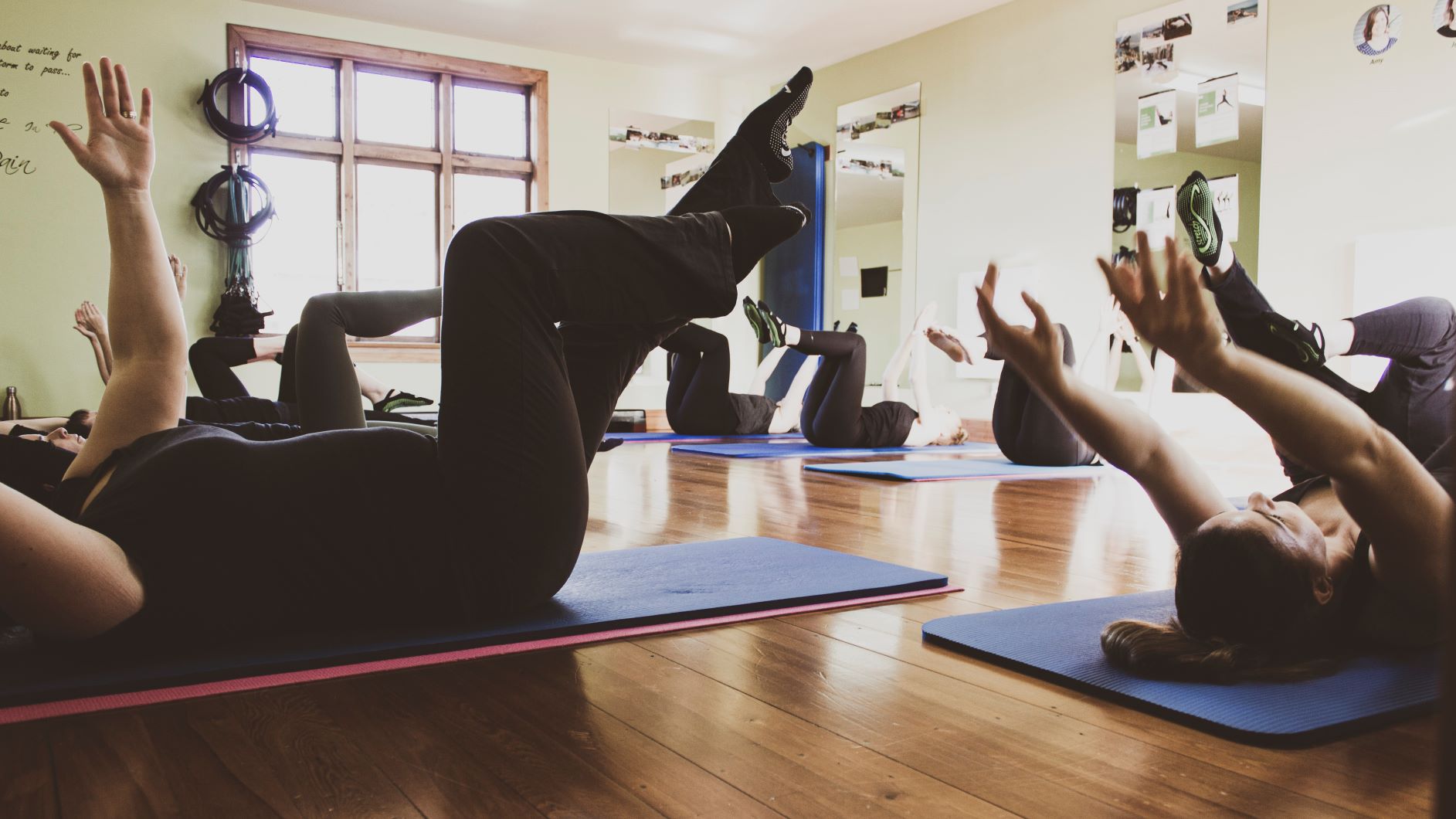Ergonomics

November 2020
Do you suffer from headaches, neck tension, sore shoulders, or a sore and stiff back at the end of the working day?
Have you ever thought of how you spend your working day may be affecting the way you are feeling, the way your body is feeling? The way you work, the way your body is positioned throughout the day may be affecting your performance and quality of work in both work and home life.
Why is Ergonomice so important??
You spend approximately 40 hours a week at work…….the rest 168 hours partaking in other activities. Whether this be extracurricular activities, managing a household, leisure, sports, social or family events you need to be able to perform your best across all situations. You are at work nearly 24% of your week. You want to be able to have the best productivity at work and come home feeling refreshed and energised without any niggles so you can enjoy all your other ventures.
The way your workstation is set up plays a major role in your physical health. One of our services at MyPhysio is completing an Ergonomic Assessment. A staff member will come to your workplace and observe you working and moving around looking the way your workstation is set up to identify the risk factors that may be contributing to your stress or physical discomfort. We may modify your environment on the day and will also give you solutions and other recommendations to make your environment for a safer, healthier, and less injury prone workplace. Bottom Line - you want to be able to be your best in both domains of your life. Don't you??
What are you waiting for………………….Call us today?









